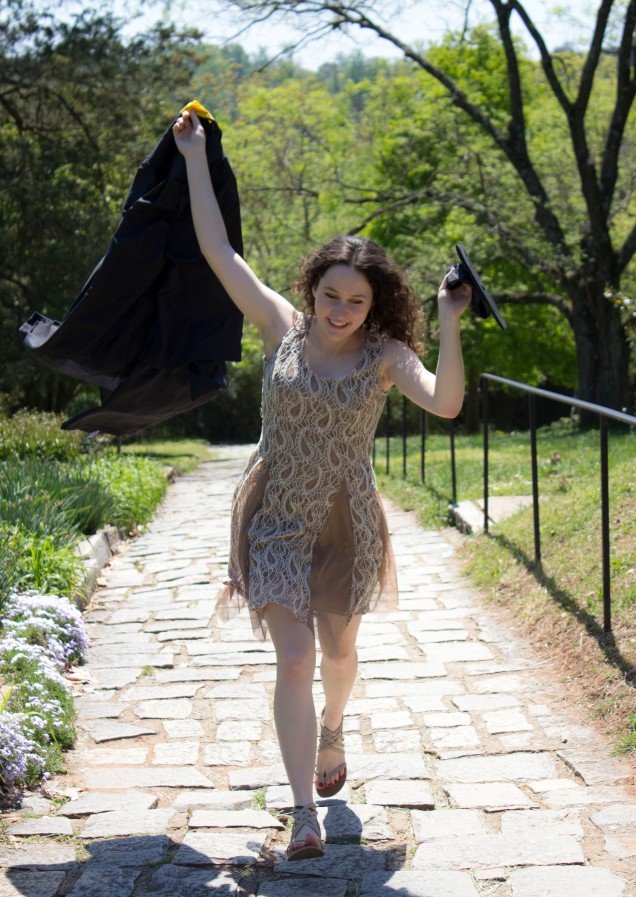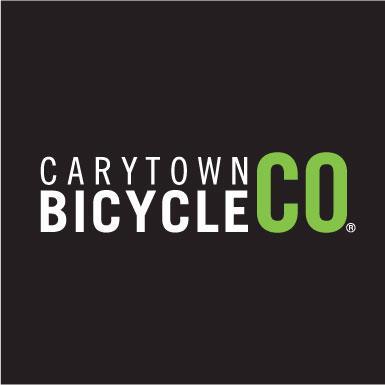Reflection Post (4/4)
After three unforgettable years at VCU, I graduate today with a BS in Mass Communications and a minor in General Business.
My undergraduate education may be over but not my research with this independent study. I want to continue talking to creative professionals about this topic as I go forward into finding a job, and hopefully being a part of the advertising industry. Just like before after I interview someone I will recap our conversations here to organize the information from all these very different perspectives. This way I can keep learning from the valuable experiences of others while starting to make my own outside of the classroom.
I owe a thank you to everyone I’ve talked to this semester. In a few days I leave for a 4 week long trip out of the country and I’m going to send notes from there because I owe so much to the 14 people who took time out of their days to meet with me or reply to my emails. Every single person I talked to had something important to contribute to this conversation. In the future, I hope I have the privilege of working with people just as kind, enthusiastic, and generous.
In a few hours I graduate from VCU, and I’m already excited to start working and see what happens next. I don’t know where I’ll be living after my lease ends in July, I don’t know what job or what agency, or how often I’ll move around. No matter what though I plan on giving back to VCU in the same ways advertising alumni have already. I know I’ve made it when I get to meet with an undergrad student that’s hoping to learn and be successful, and when I share my advice and my stories he or she feels the same excitement for the future that I did when I was 21.

Thank you Scott Sherman, Jessica Collins , and Thomas Scott for connecting me with people and Scott for giving me the opportunity and motivation to do this course.
 I’ve already met Oliver McCutchen, Associate Creative Director at Johnson Inc., briefly before in Jessica Collins Completeness class when he came in as a guest judge for our concept briefing and our final pitch to our client. So the only things I knew about Oliver before the interview was that he was a creative, Jessica loved him (which means he’s probably awesome), and he gave really good feedback.
I’ve already met Oliver McCutchen, Associate Creative Director at Johnson Inc., briefly before in Jessica Collins Completeness class when he came in as a guest judge for our concept briefing and our final pitch to our client. So the only things I knew about Oliver before the interview was that he was a creative, Jessica loved him (which means he’s probably awesome), and he gave really good feedback.




